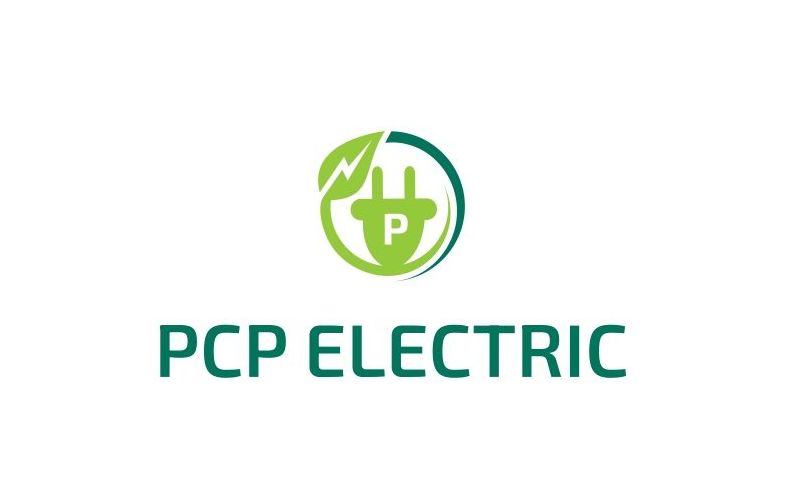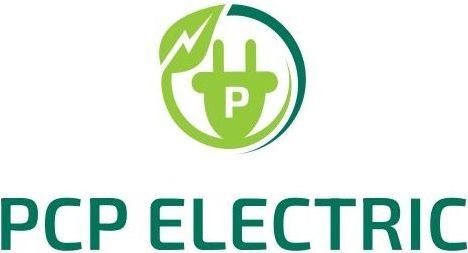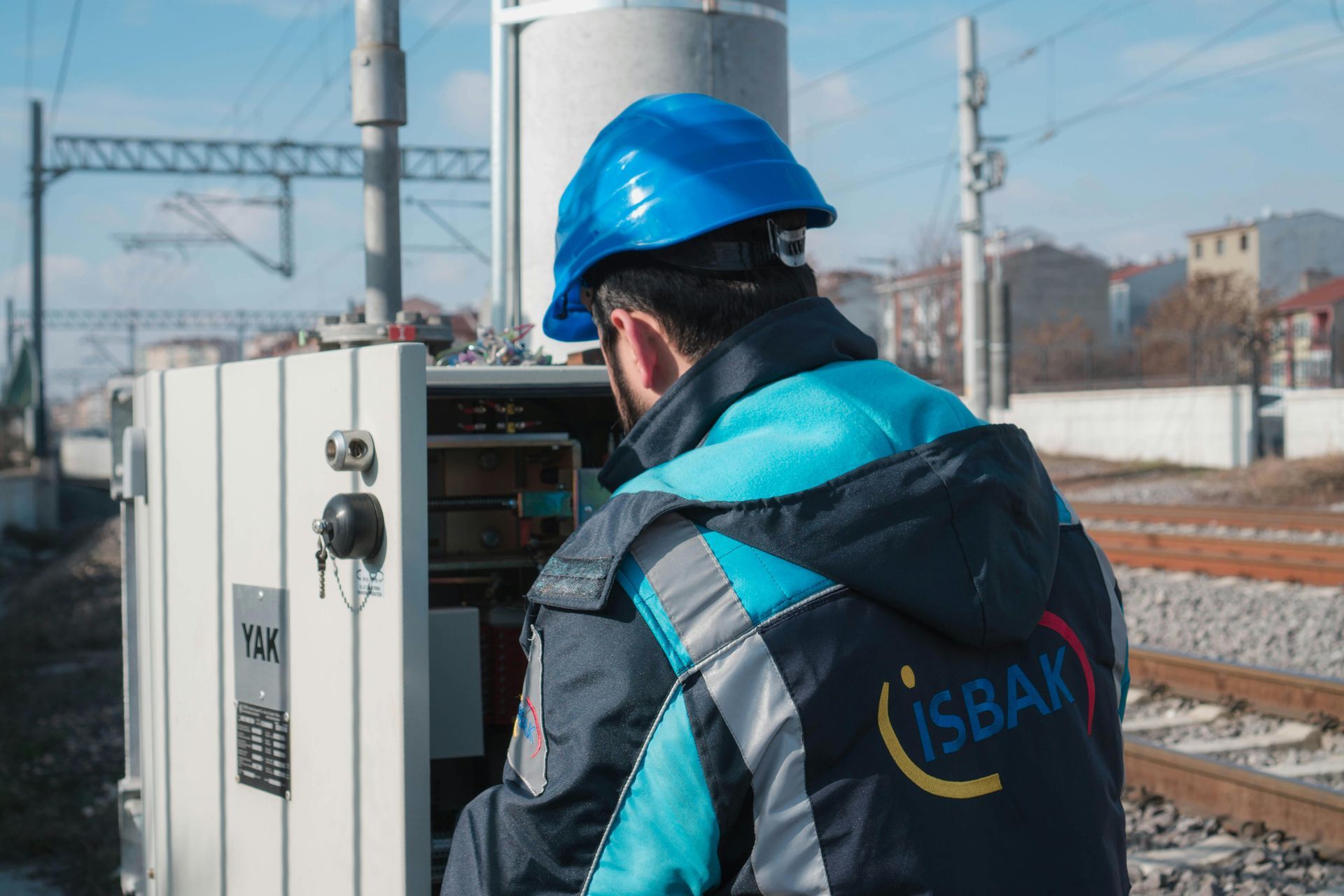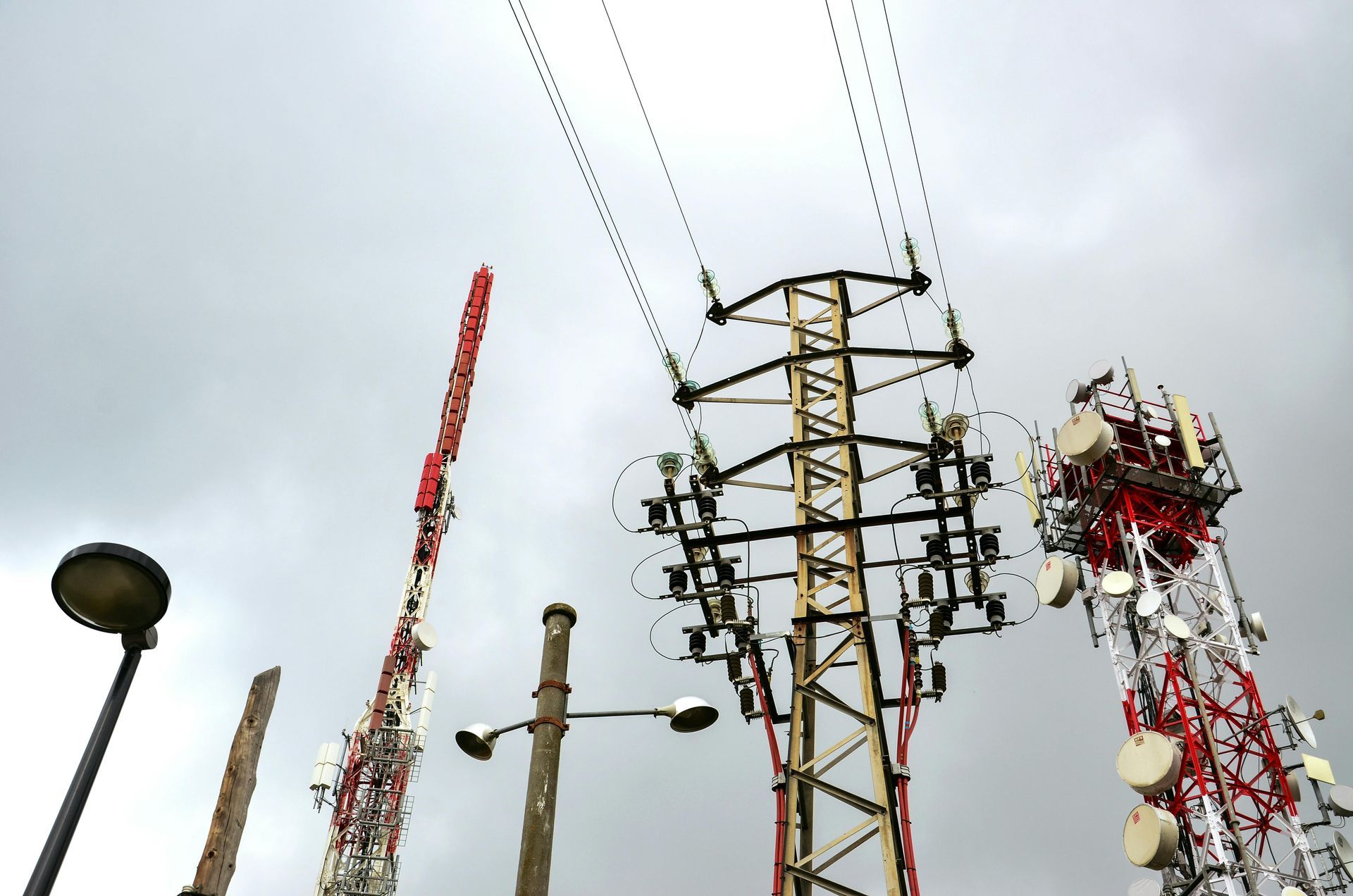Smart Energy Use at Home: Save Power, Save Money
Understanding Energy Consumption at Home
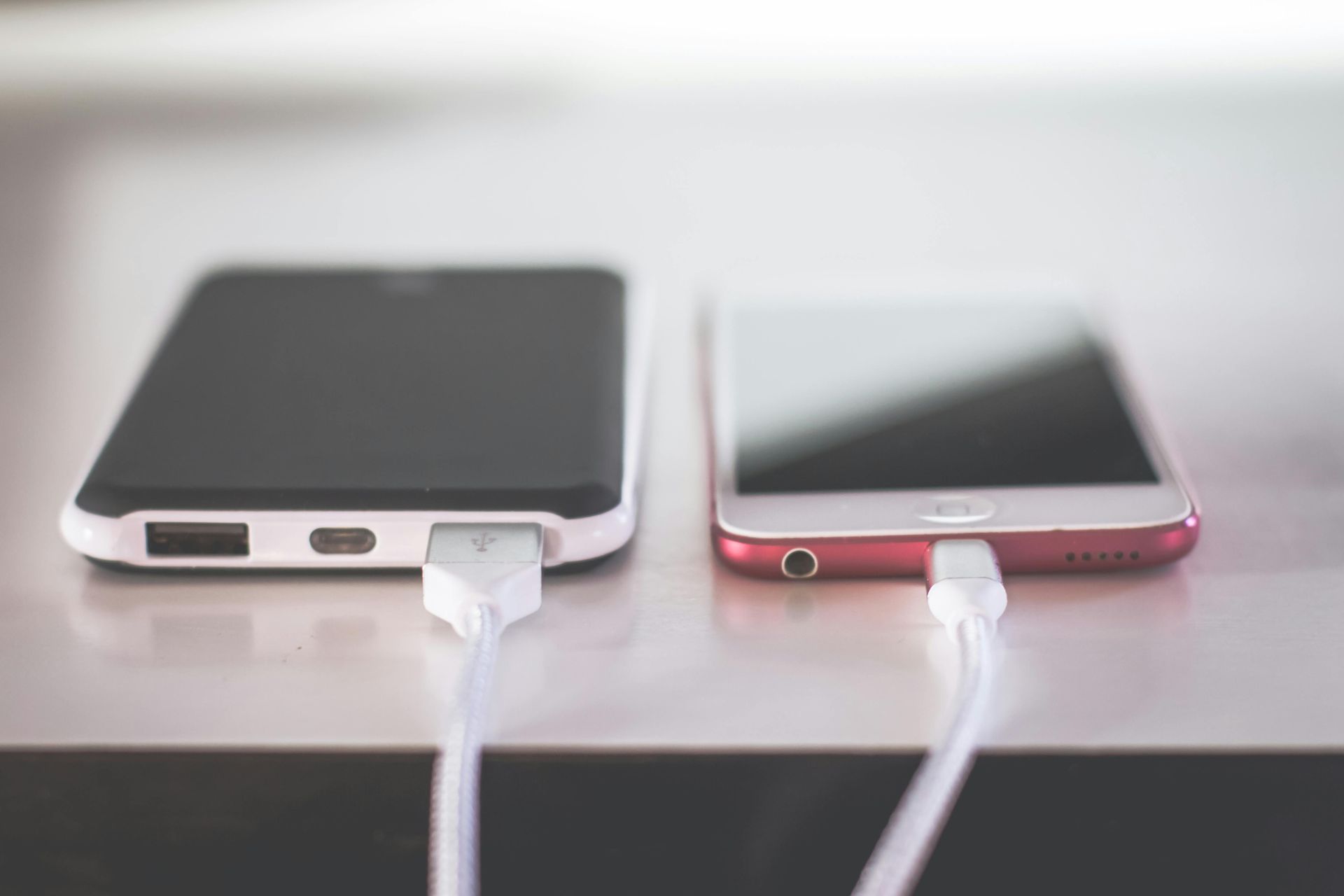
Every household consumes electricity differently, depending on the number of appliances, the type of lighting used, and the general lifestyle of the residents. Some of the biggest energy consumers in homes include heating and cooling systems, water heaters, refrigerators, washing machines, and electronic devices. Without proper energy management, households can waste significant amounts of electricity, leading to higher utility bills and environmental harm.
To optimize energy consumption, homeowners should first identify which appliances consume the most electricity. Smart meters and energy monitors can help track usage patterns, providing insights into areas where energy savings can be achieved.
Practical Ways to Save Electricity
- Switch to Energy-Efficient Appliances
Modern appliances with energy-saving features consume significantly less electricity than older models. Look for devices with the ENERGY STAR label, which signifies compliance with energy efficiency standards. - Use LED Lighting
Traditional incandescent bulbs use more energy and generate more heat compared to LED bulbs. Switching to LED lighting can reduce electricity consumption and last longer, making them a cost-effective choice. - Unplug Unused Electronics
Many electronic devices consume power even when turned off, a phenomenon known as "phantom load." Unplugging devices or using smart power strips can prevent unnecessary energy drain. - Optimize Heating and Cooling Systems
Heating and cooling account for a significant portion of home energy usage. To improve efficiency: - Set thermostats at optimal temperatures (around 68°F in winter and 78°F in summer).
- Use ceiling fans to help distribute air evenly.
- Ensure proper insulation to prevent energy loss.
- Limit Water Heating Costs
Water heaters consume large amounts of electricity. To minimize energy use: - Lower the water heater temperature to around 120°F.
- Use energy-efficient water heaters.
- Insulate water pipes to retain heat.
- Make Use of Natural Light
Instead of relying on artificial lighting, open curtains and blinds during the day to maximize sunlight. This not only saves energy but also creates a brighter and healthier living space. - Use Smart Home Technology
Smart thermostats, energy-efficient power strips, and automated lighting systems allow for better control over energy consumption, helping to reduce waste.
The Role of Electric Vehicles in a Sustainable Future
Beyond household electricity use, transportation is another major energy consumer. Traditional gasoline-powered vehicles contribute to carbon emissions and air pollution. A more sustainable alternative is the adoption of electric vehicles (EVs), which offer several benefits:
- Reduced Carbon Footprint: EVs produce zero tailpipe emissions, significantly lowering greenhouse gas emissions compared to internal combustion engine vehicles.
- Lower Energy Costs: Charging an EV is generally more affordable than fueling a gasoline car, especially when combined with renewable energy sources like solar power.
- Energy Efficiency: EVs convert more energy into motion compared to gasoline-powered cars, making them a more efficient transportation choice.
- Government Incentives: Many governments offer tax credits, rebates, and incentives for purchasing EVs, making them more accessible to consumers.
To further enhance sustainability, homeowners can install solar panels to generate renewable energy, reducing dependence on fossil fuels and making EV charging even greener.
The Impact of Wise Energy Use
By taking simple yet effective steps to reduce electricity consumption, households can benefit in multiple ways:
- Lower Electricity Bills: Cutting down on energy waste leads to direct cost savings.
- Environmental Benefits: Reduced electricity consumption lowers carbon emissions and decreases reliance on non-renewable energy sources.
- Enhanced Energy Security: Using energy wisely reduces strain on the power grid, helping to prevent blackouts and energy shortages.
Conclusion
Being wise with electricity usage at home is not just about saving money—it’s about building a sustainable future. By making small changes, such as using energy-efficient appliances, optimizing heating and cooling, and switching to electric vehicles, we can significantly reduce our carbon footprint. Every effort counts in the journey toward a cleaner and greener planet. The time to act is now—let’s embrace smarter energy choices for a better tomorrow.
